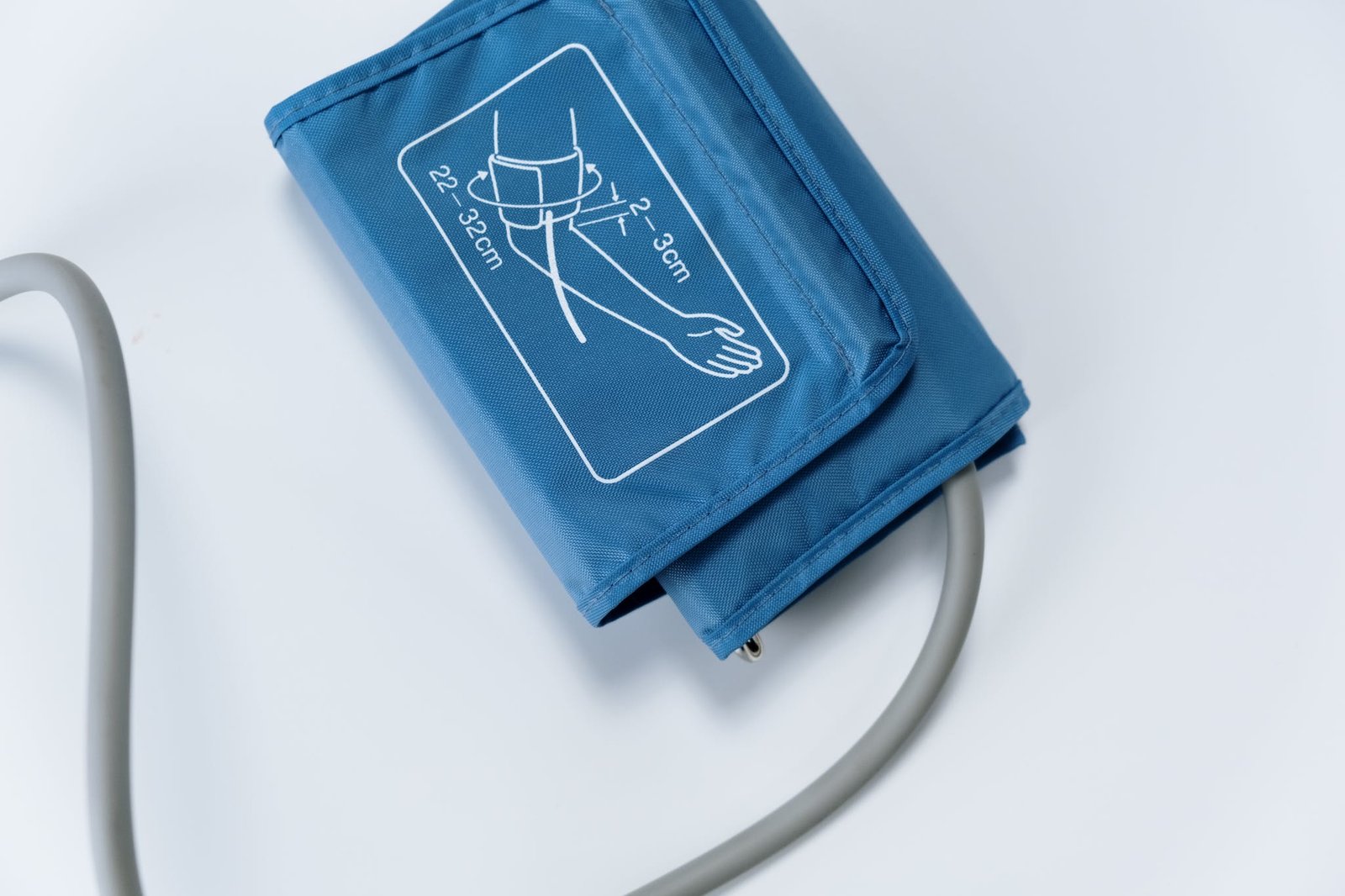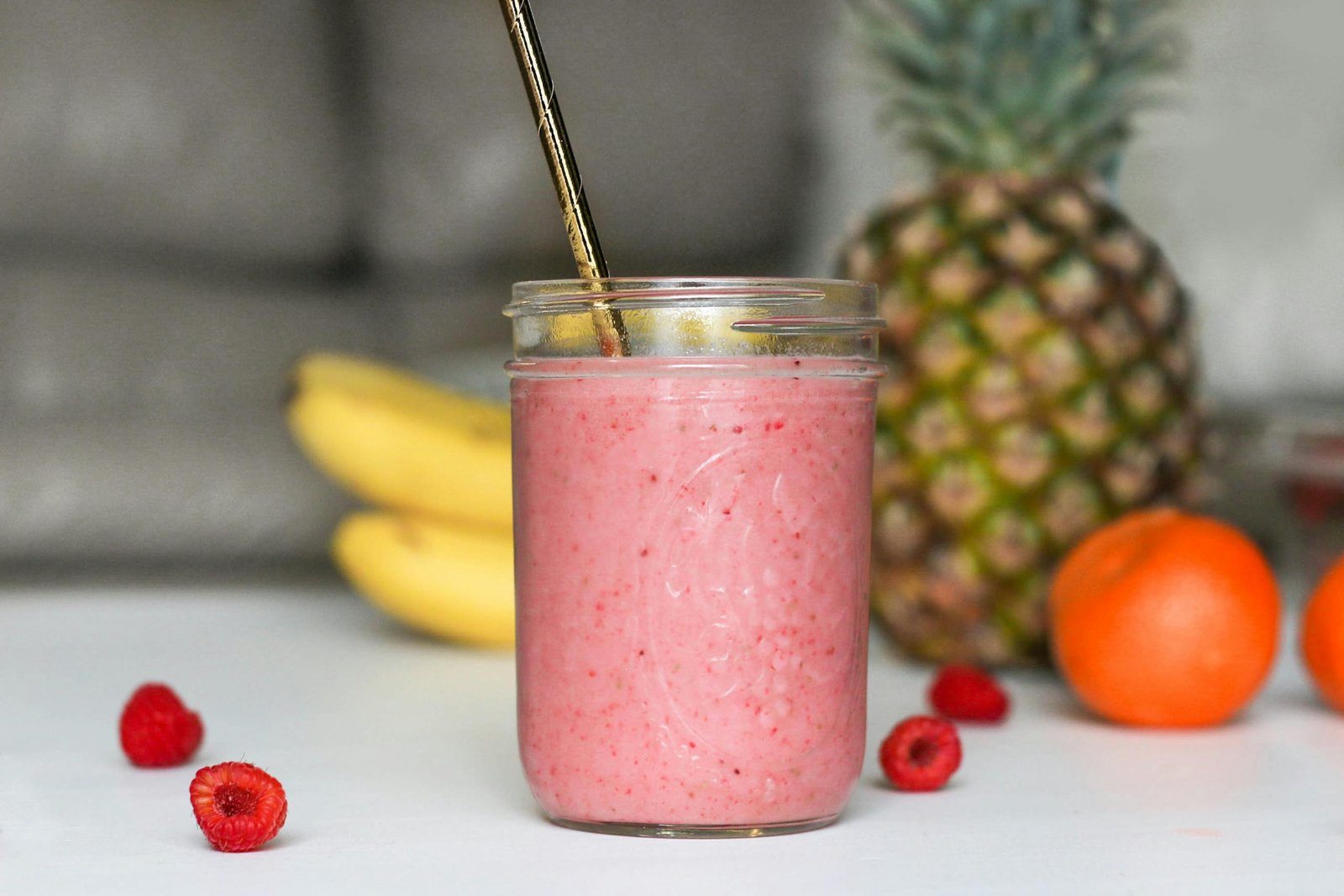How Water Helps Maintain Normal Blood Volume
There are some affiliate links below, but they are all products I highly recommend. For more info, view my disclosure here.
Are you aware of how crucial water is in maintaining normal blood volume?
Dehydration can have a significant impact on your blood volume, affecting your overall health.
It’s important to understand the role of electrolyte balance and how it relates to blood volume regulation.
By staying properly hydrated, you can help maintain healthy blood pressure levels and ensure optimal blood circulation and oxygen delivery throughout your body.
Learn more about the factors that can disrupt blood volume and discover practical tips for staying hydrated.
The Role of Water in Blood Volume Regulation
Drinking enough water helps your body maintain normal blood volume. When you don’t drink enough water, your blood volume can decrease, leading to dehydration. Dehydration occurs when your body loses more water than it takes in. This can happen due to sweating, urination, and even breathing.
When you’re dehydrated, your blood becomes thicker and more concentrated. As a result, your heart has to work harder to pump blood throughout your body. This increased strain on your heart can lead to high blood pressure and other cardiovascular problems.
On the other hand, when you drink enough water, it helps to dilute your blood, maintaining its normal volume. This ensures that your blood can flow easily through your blood vessels, delivering oxygen and nutrients to all parts of your body. Adequate hydration helps to regulate your body temperature, lubricate your joints, and aid in digestion.
Note that drinking water alone may not be enough to maintain normal blood volume. Consuming a balanced diet that includes foods high in water content, such as fruits and vegetables, can also contribute to optimal hydration. So, make sure to drink enough water throughout the day, and eat a variety of hydrating foods to keep your blood volume in check and support overall health.

How Dehydration Affects Blood Volume
To avoid dehydration, it’s important to stay adequately hydrated to prevent a decrease in blood volume. When you don’t drink enough water, your body doesn’t have enough fluids to maintain its normal functions. This can lead to a decrease in blood volume, which can have serious consequences for your health.
Dehydration affects blood volume because water is an essential component of blood. It helps transport nutrients and oxygen to your cells, and removes waste products from your body. When you’re dehydrated, your blood becomes thicker and more concentrated. This means that there’s less fluid in your blood vessels, resulting in a decrease in blood volume.
When your blood volume decreases, your heart has to work harder to pump blood throughout your body. This can lead to an increase in heart rate and blood pressure, as well as a decrease in organ and tissue perfusion. In severe cases, dehydration can even lead to shock, a life-threatening condition where your organs don’t receive enough blood and oxygen.
To avoid these complications, it’s important to stay adequately hydrated. Drink water throughout the day, especially when you’re active or in hot weather. Pay attention to signs of dehydration, such as dry mouth, dark urine, and fatigue. By staying hydrated, you can maintain a normal blood volume and keep your body functioning properly.
The Importance of Electrolyte Balance in Maintaining Blood Volume
If you don’t have a proper balance of electrolytes, your body may struggle to maintain adequate blood volume. Electrolytes are minerals that carry an electric charge and play a crucial role in various bodily functions, including maintaining fluid balance. These electrolytes include sodium, potassium, calcium, and magnesium. When the levels of these electrolytes are out of balance, it can lead to an imbalance in the fluid levels in your body.
Maintaining proper blood volume is essential for your overall health. Blood volume refers to the amount of blood circulating in your body at any given time. Adequate blood volume is necessary for optimal organ functioning and overall well-being. Electrolytes play a critical role in maintaining blood volume because they help regulate fluid balance in the body.
Sodium, for example, is a primary electrolyte that helps regulate fluid balance by controlling the amount of water in your body. If you’ve low sodium levels, your body may retain less water, leading to a decrease in blood volume. On the other hand, high sodium levels can cause water retention and an increase in blood volume.
Potassium is another essential electrolyte that aids in maintaining blood volume. It helps regulate the fluid balance between cells and the surrounding tissues. An imbalance in potassium levels can lead to dehydration or fluid overload, both of which can affect blood volume.
Hydration and Its Impact on Blood Pressure
Staying hydrated is essential for keeping your blood pressure at a healthy level. When you don’t drink enough water, your blood volume decreases, causing your blood vessels to constrict and your blood pressure to rise. Dehydration can make your heart work harder to pump blood throughout your body, leading to an increased risk of high blood pressure.
When you’re properly hydrated, your blood volume remains stable, allowing your blood vessels to relax and your blood pressure to stay within a normal range. Drinking an adequate amount of water helps to dilute your blood, making it easier for your heart to pump and reducing the strain on your cardiovascular system.
In addition to maintaining blood volume, hydration also plays a role in regulating sodium levels in your body. When you’re dehydrated, your body tries to conserve water by retaining sodium, which can contribute to higher blood pressure. By staying hydrated, you can help prevent this imbalance and keep your blood pressure in check.
Remember to drink water throughout the day, especially when you’re physically active or exposed to hot weather. Aim for at least 8 cups of water daily, and listen to your body’s thirst signals to ensure you’re staying properly hydrated. Taking care of your hydration needs is an important step in maintaining a healthy blood pressure.
Water’s Influence on Blood Circulation and Oxygen Delivery
When you’re properly hydrated, your blood circulation improves, allowing for better delivery of oxygen throughout your body. Water plays a crucial role in maintaining normal blood volume, which is essential for optimal circulation. When you drink enough water, it helps to keep your blood volume at the right level, ensuring that your heart can pump blood efficiently to all parts of your body.
Proper hydration helps to prevent dehydration, which can lead to a decrease in blood volume. When you’re dehydrated, your blood becomes thicker, making it harder for it to flow through your blood vessels. This can result in poor circulation, as your heart has to work harder to pump blood through your body. By staying hydrated, you can help maintain normal blood volume, ensuring that your blood flows smoothly and efficiently, delivering oxygen to all your organs and tissues.
Water helps to maintain the elasticity of your blood vessels. When you’re hydrated, your blood vessels are more flexible, allowing for better blood flow. This increased flexibility helps to prevent the buildup of plaque and other substances that can narrow your blood vessels and impede blood circulation.
Factors That Can Disrupt Blood Volume and How Water Can Help
To keep your blood circulation functioning properly, it’s important to be aware of factors that can disrupt your blood volume and how staying hydrated can counteract these effects.
Several factors can disrupt your blood volume, including dehydration, excessive sweating, and blood loss from injuries or surgeries. When your blood volume decreases, your circulatory system has to work harder to pump blood throughout your body, which can lead to decreased oxygen delivery to your organs and tissues.
However, staying hydrated can help maintain your blood volume within the normal range. When you drink enough water, it replenishes the fluid lost through sweating, preventing dehydration and helping to maintain a healthy blood volume. Water is essential for maintaining the balance of electrolytes in your body, which are crucial for proper blood volume regulation. Water helps your kidneys filter waste products from your blood, ensuring that your blood volume remains stable.
Practical Tips for Staying Hydrated to Maintain Healthy Blood Volume
By replenishing lost fluids through hydration, you can support your body’s ability to maintain a healthy balance of electrolytes and ensure proper circulation. Staying hydrated is crucial for maintaining normal blood volume and preventing dehydration.
To stay hydrated, make it a habit to drink water throughout the day. Keep a water bottle with you at all times, so you can easily sip on it whenever you feel thirsty. It’s also important to listen to your body’s cues and drink water when you’re feeling thirsty, as this is a sign that your body needs hydration.
Try to incorporate hydrating foods into your diet, such as fruits and vegetables that have high water content. These foods not only provide hydration but also essential nutrients that support overall health. Avoid excessive consumption of caffeinated and alcoholic beverages, as they can have a diuretic effect and contribute to dehydration.
Remember that staying hydrated isn’t only important for maintaining normal blood volume, but also for supporting various bodily functions and promoting overall well-being. So make sure to prioritize hydration throughout your day.






